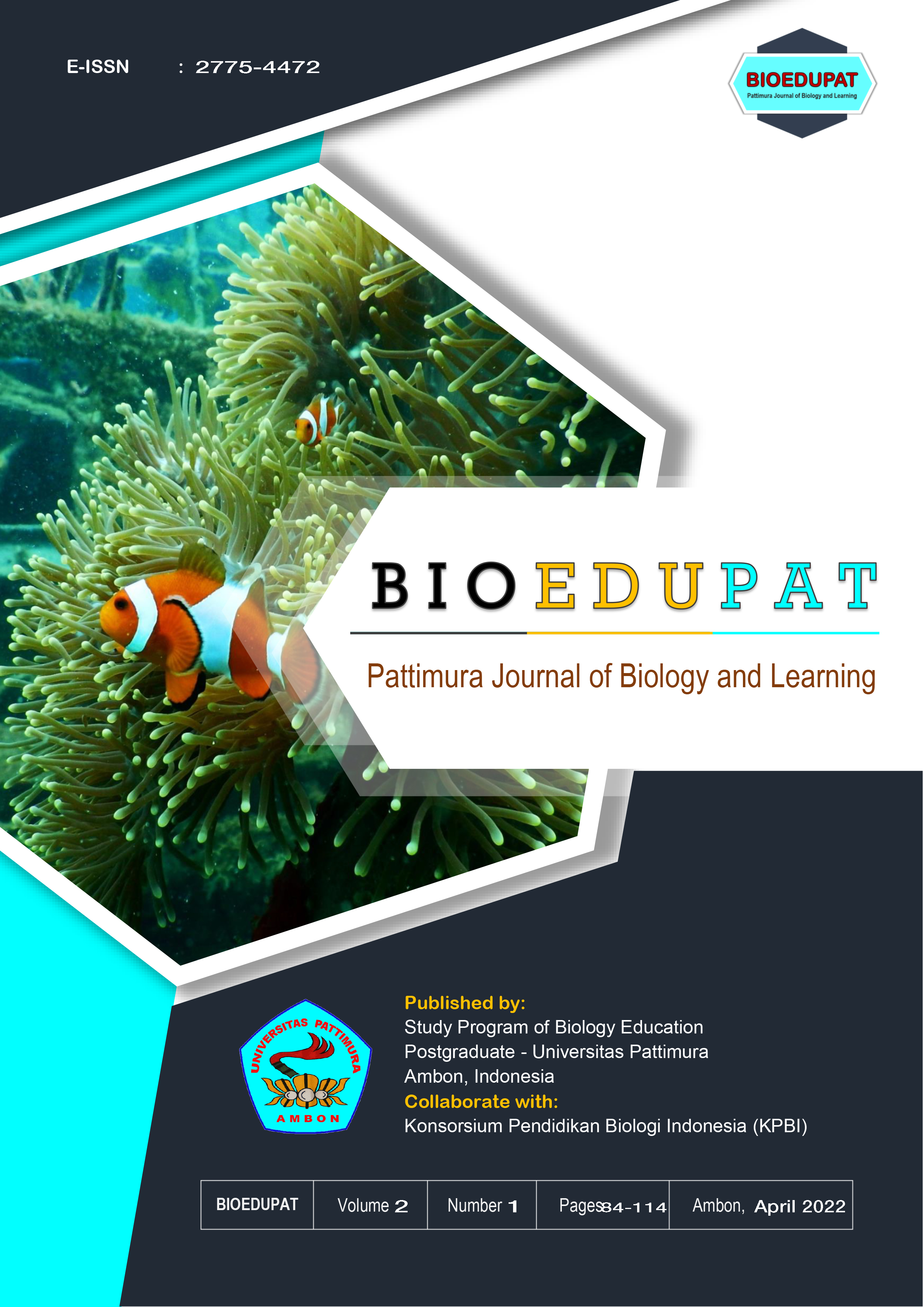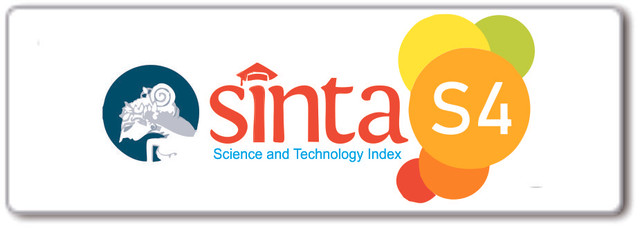Bacterial contamination test on plates, spoons, and glass at a food stall (angkringan) Surakarta City, Central Java
Abstract
Cutlery is an important component that can affect the health of the digestive tract. Plates, glasses and spoons are eating utensils that are often used by the community. In the city of Surakarta, Central Java, there are many roadside food stalls that are in great demand by the community, namely Angkringan. The purpose of this study was to determine bacterial contamination of cutlery (pring, glass and spoon) at a food stall (Angkringan) in Surakarta City, Central Java. This research is a descriptive observational study, bacteriological examination of cutlery begins with swab sampling, bacterial examination using the Total Plate Number method, and confirmed by Gram staining. The results of the examination of the number of bacterial colonies were compared with the standard reference of Permenkes No. 1096/MENKES/PER/VI/2011, which is 0 colonies/cm2. The results showed the average bacterial contamination in angkringan food stalls in Surakarta City, as follows: plate 10230 colonies/cm2, glass 9560 colonies/cm2 and spoon 3960 colonies/cm2 . All cutlery that was inspected did not meet the standards of Permenkes No. 1096/MENKES/PER/VI/2011.
Downloads
Copyright (c) 2022 Dara Akwila, Aji Tri Aminougroho, Didik Wahyudi

This work is licensed under a Creative Commons Attribution-NonCommercial-ShareAlike 4.0 International License.
Authors who publish with BIOEDUPAT: Pattimura Journal of Biology and Learning agree to the following terms:
- Authors retain copyright and grant the journal right of first publication with the work simultaneously licensed under a Creative Commons Attribution License (CC BY-NC-SA 4.0) that allows others to share the work with an acknowledgment of the work's authorship and initial publication in this journal.
- Authors are able to enter into separate, additional contractual arrangements for the non-exclusive distribution of the journal's published version of the work (e.g., post it to an institutional repository or publish it in a book), with an acknowledgment of its initial publication in this journal.
- Authors are permitted and encouraged to post their work online (e.g., in institutional repositories or on their website) prior to and during the submission process, as it can lead to productive exchanges, as well as earlier and greater citation of published work.









 This work is licensed under a
This work is licensed under a 